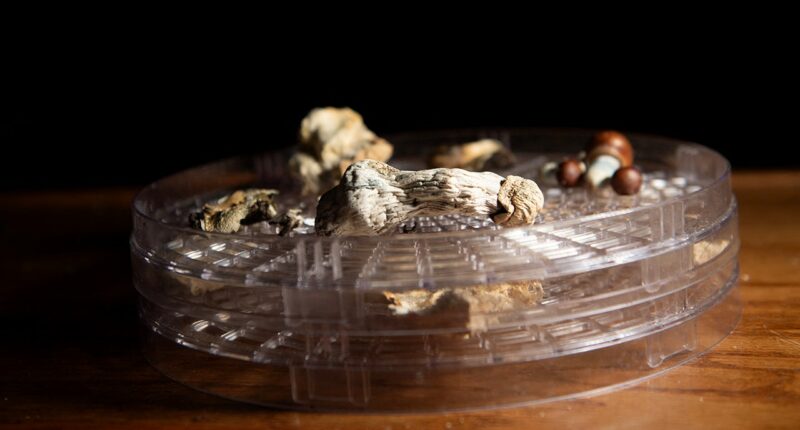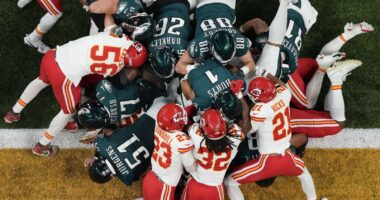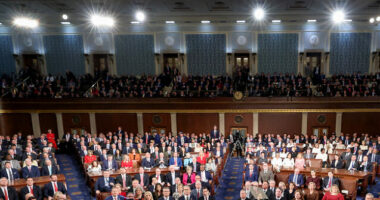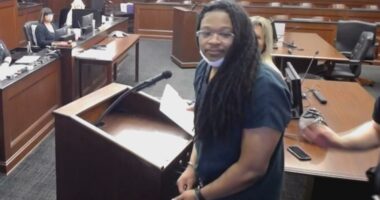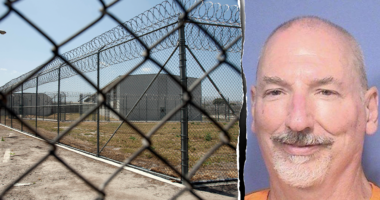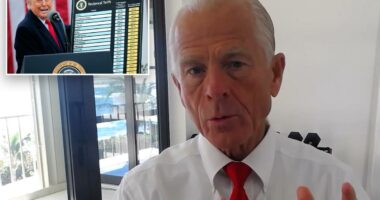Share this @internewscast.com
A new faith group based in Utah that uses “psychedelic mushrooms” landed a legal victory this week under the state’s religious freedom law.
Lee Jensen, who founded the non-profit organization called Singularism, filed a lawsuit against the city of Provo and Utah County in December. He alleged that there were infringements on rights protected by the U.S. Constitution, as well as the state constitution and the Utah Religious Freedom Restoration Act.
According to the lawsuit, Jensen, along with Singularism and its associated business, Psyche Healing and Bridging LLC operating as Psychedelic Therapy Journey, employs sacramental psilocybin tea. This is used to connect with the divine, enhance spiritual pathways, and reduce human suffering by combining ancient entheogenic religious practices with what the Plaintiffs consider enlightened methods of contemporary mental health treatment.
In Utah, psilocybin is generally illegal and is classified as a Schedule I controlled substance, placing it in the same category as heroin and LSD. However, a state pilot program, which will be legalized in March 2024, authorizes two leading hospital systems within the state to utilize psilocybin and MDMA therapy for treating behavioral health issues. This is only under strict regulations and limited to individuals aged 18 and above.
The judge observed that the defendants “contend that the medical psilocybin exemption does not discriminate based on religion since it is applicable to all licensed healthcare providers, irrespective of their religious beliefs or affiliations.”
“While their assertion is technically accurate, it misses the underlying issue. The Free Exercise Clause not only focuses on fairness among different religions but also on ensuring fairness between religious and nonreligious activities,” wrote Parrish. “A specific secular exemption for
psilocybin, lacking a corresponding religious exemption, suggests that the law is not impartial between religious and nonreligious practices. This is because it ‘restricts religious conduct while allowing secular activities that could similarly challenge the government’s stated interests.’”
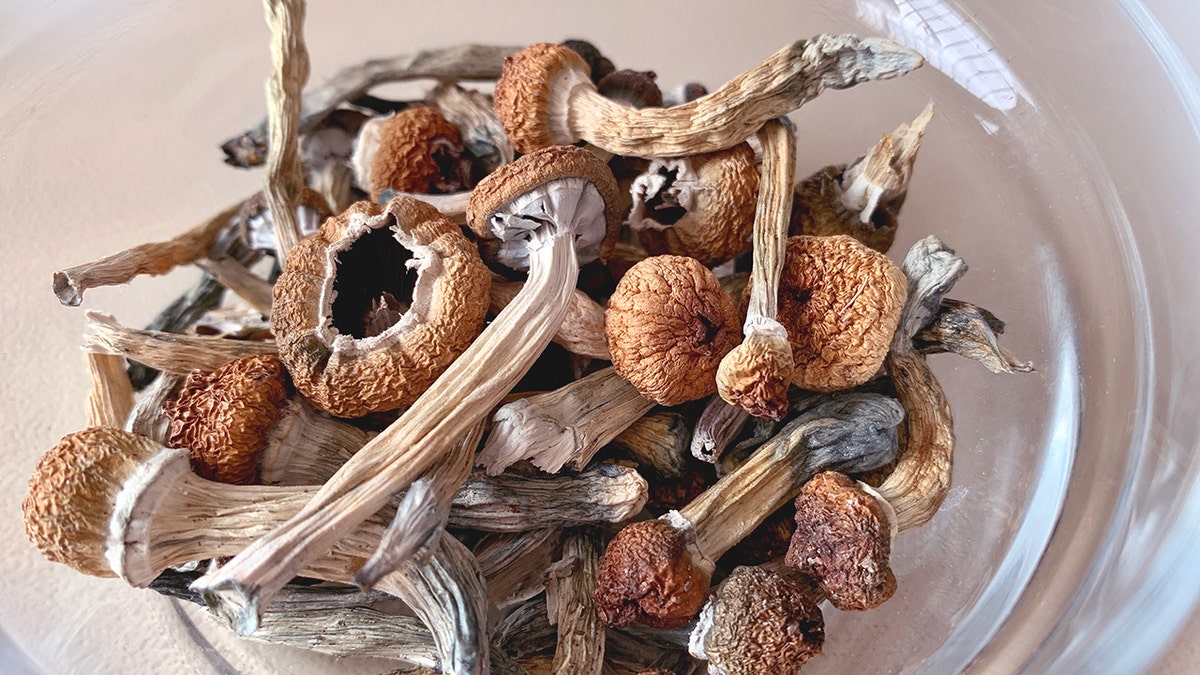
Mushrooms dried and displayed in glass bowl. Dried psilocybin mushrooms. (iStock)
Utah is considered one of the most religious states in the U.S., largely due to the strong influence of The Church of Jesus Christ of Latter-day Saints, also known as the Mormon Church.
The state law known as the Utah Religious Freedom Restoration Act took effect in May 2024 and expands protections and establishes legal standards for when the government can intervene in religious exercises. It specifically “prohibits a government entity from substantially burdening a person’s free exercise of religion, unless the burden is essential to furthering a compelling governmental interest and is the least restrictive means of furthering that interest.”
Jensen welcomed the court win on Monday, though the final judgment on the case remains pending.
“The judge has recognized this for what it is. It’s retaliatory charges that came in bad faith,” the faith group’s founder told KTVX. “When you protect the religious freedoms of one religion, you protect the freedoms of all of them.”
